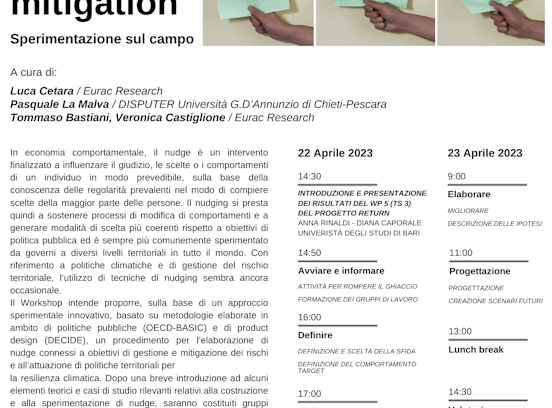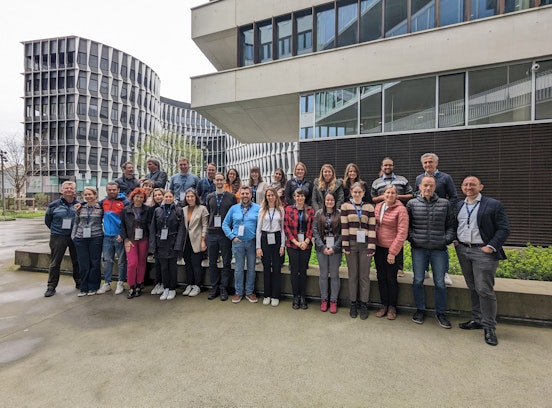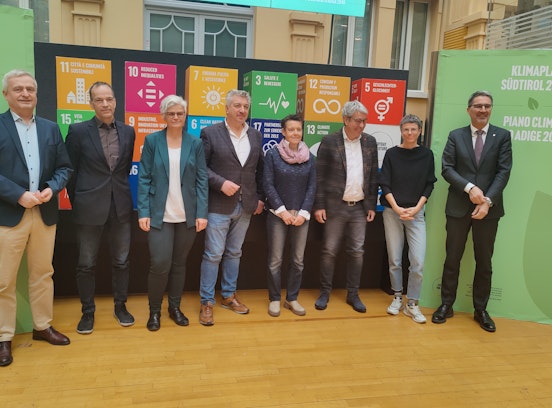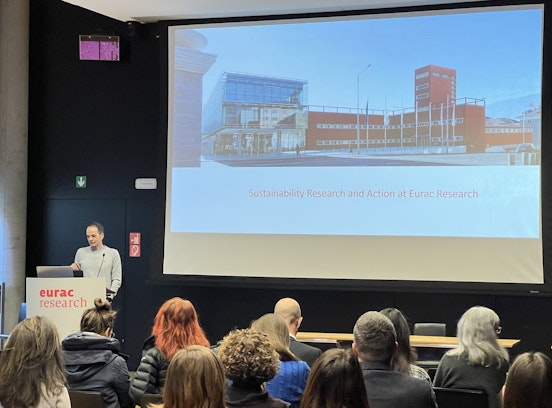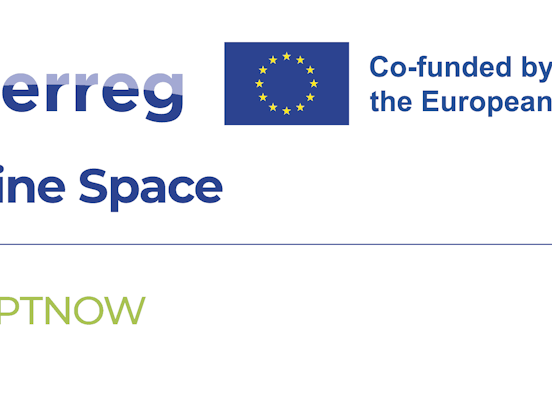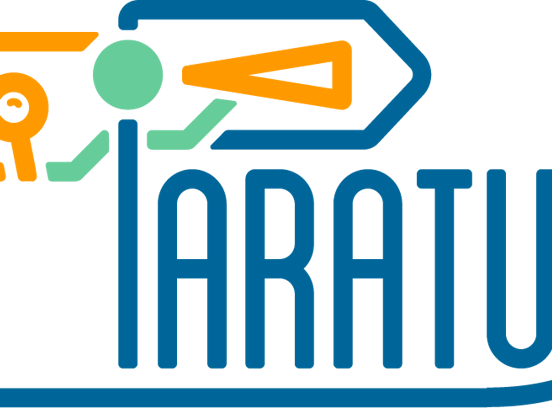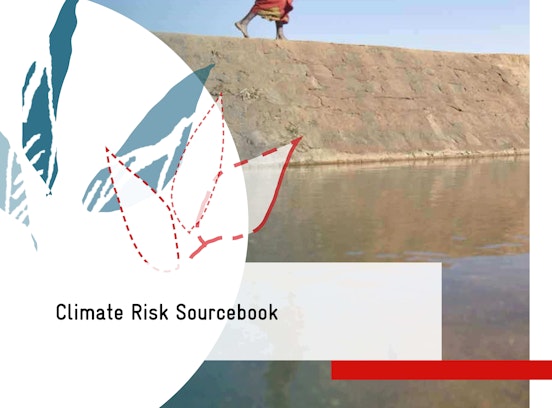Center for Climate Change and Transformation - News & Events - The role of trust in disaster risk reduction: a critical review
The role of trust in disaster risk reduction: a critical review
- English
- Italiano
The Center for Climate Change and Transformation at Eurac has contributed to the research on the role of trust among community members in preventing the risks of a natural disaster and response when a disaster occurs.
The research was conducted in collaboration with colleagues from the Kore University of Enna and the Aldo Moro University of Bari within the framework of the RETURN project. The RETURN project focuses on studying natural, anthropogenic, and environmental risks in Italy to enhance their management and prevent the negative effects of disasters.
The research findings are at the core of a recently published scientific article, available online on the "International Journal of Environmental Research and Public Health" website: https://www.mdpi.com/1660-4601/21/1/29. Through an analysis of available scientific literature on this topic, the study concludes that a higher level of trust among community members and between them and authorities, corresponds to a more effective management of natural disaster risks.
The article's most interesting contribution lies in recognizing that to prevent and respond to natural disaster risks, it is not sufficient to establish early warning systems and emergency plans or to manage the territory (natural resources and infrastructure) with a sensitivity to the issue. On the contrary, it is necessary to complement these actions with appropriate measures to build a strong relationship of trust among community members and between the community and authorities responsible for managing natural disaster risks.
For instance, the research highlighted that people follow recommendations on how to act in the event of a natural disaster if they have trust in the institutions disseminating the information. Conversely, when trust is lacking, individuals tend to act independently, convinced that they know the best way to react to an emergency. Therefore, consolidating trust between the population and authorities is essential to ensure that the provided instructions are perceived as authoritative and reliable, enabling a coordinated and effective response during catastrophic events.
Trust emerges as a crucial element in strengthening the resilience of the community to natural disasters, meaning the ability to anticipate, adapt, and recover following a disastrous event, as well as to preserve, restore, or enhance essential structures and functions.
